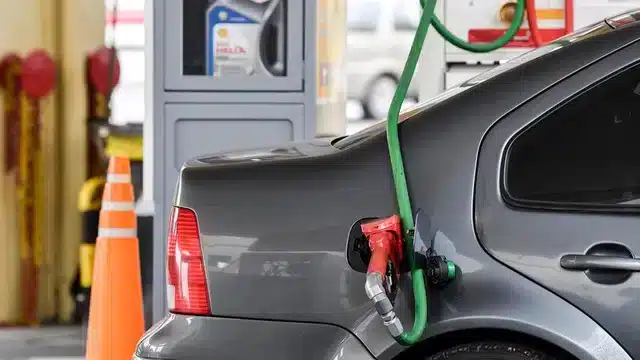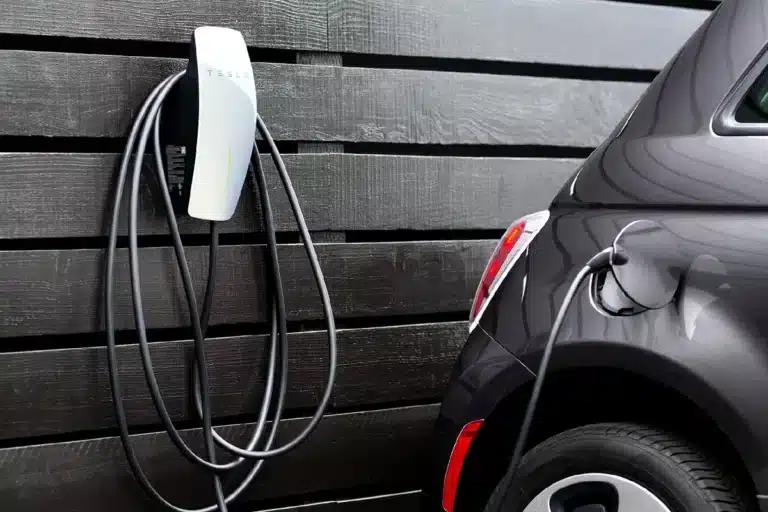Sin GNC: 7 Essential Strategies to Reduce Gasoline and Diesel Consumption

In the current context, where the availability of CNG has been limited, it is crucial to adopt practices that allow us to optimize the use of fuels such as gasoline and diesel. The implementation of effective strategies not only helps to reduce costs but also contributes to a sustainable future. By optimizing our driving habits and making simple adjustments, it is possible to achieve a significant saving in fuel consumption, benefiting both drivers and the environment. Below are seven essential strategies to achieve that goal.
In light of the recent decision to cancel the supply of CNG at various service stations, motorists face a significant challenge. In this context, it becomes vital to adopt effective strategies to reduce gasoline and diesel consumption. Below are seven essential strategies that will help optimize fuel use, save money, and contribute to a more sustainable mobility.
Importance of Efficient Driving
Efficient driving not only allows for financial savings but also reduces the carbon footprint of the vehicle. With some adjustments and awareness during driving, it is possible to achieve a notable reduction in consumption.
Regular Vehicle Maintenance
Regular maintenance is essential for optimizing fuel performance. Ensuring that the engine is in optimal condition, as well as the air filters and fuel system, can significantly influence consumption.
Tire Care
Correctly inflated tires not only guarantee greater safety while driving but also improve fuel efficiency. It is recommended to check the pressure every 30 days and ensure that they are aligned to avoid affecting consumption.
Smooth and Steady Driving
Adopting a smooth driving style means avoiding sudden accelerations and abrupt braking. Driving at a constant speed and anticipating traffic lights and traffic significantly reduces fuel expenditure.
Intelligent Use of Air Conditioning
Air conditioning can increase fuel consumption by up to 25%. Therefore, it is advisable to use it moderately and opt for open windows when driving at speeds not exceeding 80 km/h.
Route Planning
Good route planning avoids traffic jams and allows for choosing shorter and more direct paths. Using navigation tools can help find the most efficient route.
Reducing Vehicle Weight
Additional weight in the vehicle directly influences fuel consumption. Every additional 25 kilos increases fuel expenditure. Removing unnecessary items from the trunk and roof rack will help with this aspect.
Final Considerations
As CNG supplies face restrictions, adopting these strategies will not only allow for savings on gasoline and diesel but also promote more environmentally responsible practices. Making proactive changes in the way we drive and maintain the vehicle can make a significant difference in the vehicle’s operating costs.
In a context where supply limitations of CNG have led many drivers to resort to alternatives such as gasoline and diesel, it becomes essential to adopt strategies that allow for optimizing fuel consumption. These practices not only help alleviate the economic burden that fuel procurement represents but also contribute to environmental sustainability by reducing the carbon footprint associated with vehicle use.
Implementing measures such as tire maintenance and maintaining a constant speed translates into significant fuel savings. Keeping tires properly inflated can reduce consumption by between 3% and 7%, while driving at a moderate speed within optimal efficiency ranges increases engine performance. It is also suggested to avoid sudden accelerations and abrupt braking, which not only increase fuel expenditure but also lead to premature wear on vehicle components.
It is important to consider the management of the vehicle’s load, eliminating unnecessary items that increase weight and, consequently, consumption. By reducing load, fuel efficiency for gasoline or diesel is maximized. Turning off the engine during long waits is another key practice since the continuous operation of the engine contributes to unnecessary fuel expenditure when the vehicle is not in motion.
Finally, some additional strategies such as using ventilation devices moderately instead of air conditioning, and selecting efficient routes can mean significant savings in the long run. Applying these practices not only reduces expenditure but also facilitates the transition to a more responsible and environmentally conscious driving model.





